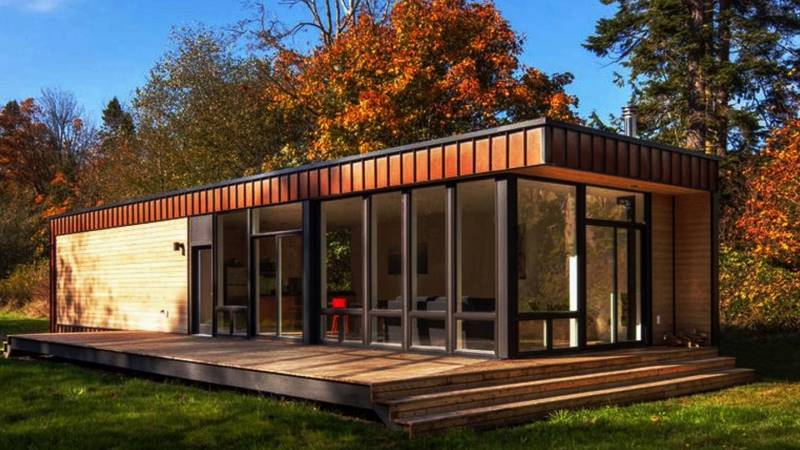
For those individuals who just relocated or people considering temporary shelters, the Manufactured homes are the best solutions. Like that name ‘manufacturing,’ this shelter is made from the factory and delivered to the buyer’s premises. Upon their delivery, the manufactured home dealer has a team that installs the facility. The buildings are installed either temporarily or permanently. However, they are renowned as temporary shelters, thereby labeled as mobile houses. To obtain such a house requires proper research on prices and the quality of the home. Moreover, proprietors must contact a dealer and not a real estate developer. This article herein discusses the substantiated factors for a homeowner to consider before buying the facility.
The Financing Budget of the Home
The houses require capital to purchase. That triggers the buyer to search for money to acquire the asset. The good news is that this facility is cheaper compared to rented houses. If a buyer has insufficient funds, he or she can borrow a loan. Lenders consider these facilities as personal properties and not rentals, making it a cheaper loan.
Moreover, these houses do not require expensive mortgages. The buyer must first research to assess the manufacturers with good deals. Those manufacturers should provide attractive offers. The offers are like free or cheap delivery, cheap installation rate, free repair in case they are damaged, and bargaining offers. A sustainable payment installment should be included in the contract agreement.
The Design and Features of A Home.
At the manufacturing point, the buyer ought to define the structure specifications. For those buying readymade products, they have to table their specifications. These homes depict different styles, designs, appearance, and quality. Therefore the purchaser ought to research the best models. Identifying a family size is an aspect to confer. That is because the rooms range from a single bedroom or multiple bedrooms.
The Home Upgrades
The act of making an informed house upgrade is a well-worthed decision that ensures a healthy living environment. That decision results from conducting proper researches. The enhancements involve essential house features. These aspects include:
Insulation
Adequate insulation is significant in cold climate areas. Even for warm space, a proprietor needs an insulated place. The types of ceilings, roofing, walls, and flooring require quality material making.
Framing
The upgrade requires the use of hardwood wooden frames. By use of such material, extend the durability, strength, and shape of shelter. 2 by 6-inch structuring is the perfect framing recommended that allow insulation too and ensure the house boldness even on windy or rainy condition.
Roof pitch
The buyer should consider the area he or she resides when deciding on the roof pitch. Roof pitch is the extent of the roof rise for every foot. Higher roof pitches are useful for those living in snow or wet areas for the structure to withstand the snow or rain load. For those living in summer places, it does not warrant a higher pitch.
Sub-flooring
The flooring requires building with quality materials, like hardwood, concrete, and other materials. All these materials must meet the HUD 7 R-value recommendation. For those living in cold places, the R-value must be higher.
Carpet quality
A homeowner must choose standard carpeting with a 21-ounce setup. The ounce is the scale that measures the weight of a carpet. A carpet with higher ounces promotes its durability, hardness.
The Insurance, Tax, and Warranties
The insurance agencies provide the homeowners’ insurance and not the dealer. Therefore the coverage and the tax should not be levied in the dealer’s cost. Manufactured home dealers should also provide sustainable warranty coverage. These warranties should protect the buyer from any default in the building of a house.

